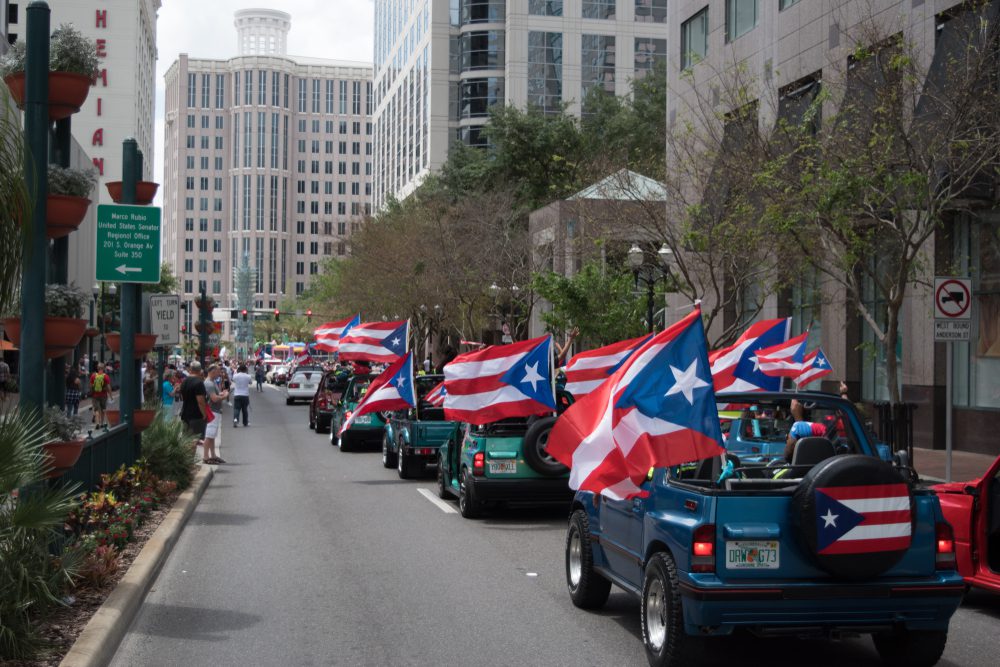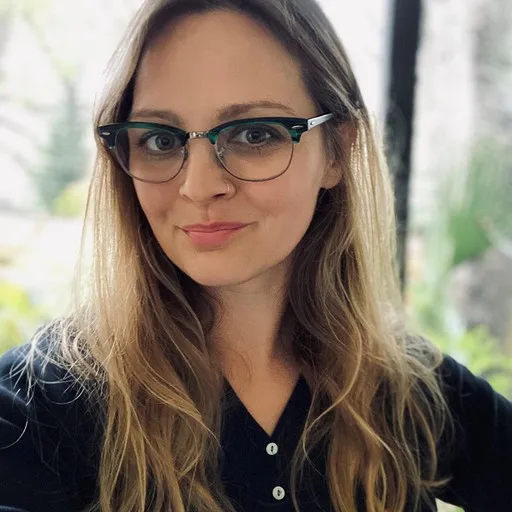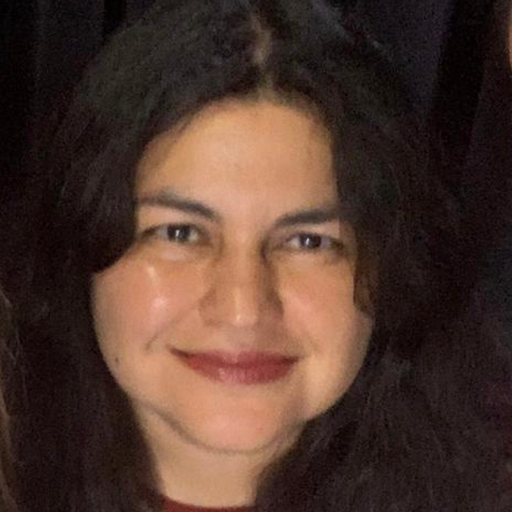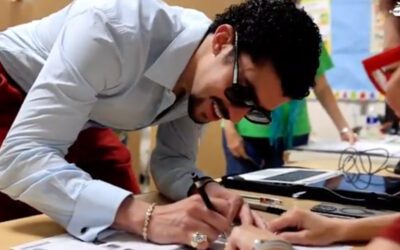
Traditionally, both Puerto Rican politicians and candidates in the US use the issue of the island's status to mobilize Puerto Ricans to the polls. Image via Shutterstock.
The hub’s director highlighted a key finding from the survey: for Puerto Ricans in Florida, daily state issues take precedence over the debate on statehood.
With the general election approaching, the UCF Puerto Rico Research Hub (PRRH) wanted to explore what Puerto Ricans in Florida think about important issues such as politics, education, and economy.
Florida is the state with the largest number of Puerto Ricans in the nation: 1.2 million, according to CENSUS data.
RELATED: Want to help increase voter turnout in Florida? Here are 5 ways.
The survey was distributed between March, April, and May, while President Joe Biden was still seeking reelection. The questions focused on issues such as politics, health, education, and Puerto Rico, among others.
Fernando Rivera, director of PRRH, highlighted the complexity of the Puerto Rican community in Florida, as it is made up of Puerto Ricans who were born or have lived for decades in the Sunshine State, those who come from states such as New York, Chicago, or Pennsylvania, those who arrived before Hurricane Maria in 2017, and the huge wave that arrived after the natural disaster.
These differences were taken into account in the study. Most of the respondents moved to Florida in the 2010s, while the vast majority were born in Puerto Rico. Those not born in Puerto Rico were mostly born in New York.
Once the HUB had the results, Rivera traveled to Washington, D.C. to speak about them in Congress, the White House, and think tanks dedicated to Puerto Rican issues.
“There has always been this lack of knowledge about what is happening with Puerto Ricans in Florida. There is a lot of talk at the national level, at the level of the other states, from our colleagues in New York, in Connecticut, and elsewhere. And we know that there is a connection with Puerto Ricans in Florida and what is happening in Puerto Rico,” Rivera told Floricuas.
The majority of survey’s participants were from Central Florida’s counties, especially Orange (25%), Osceola (14%), and Hillsborough (11%) counties.
Fifty-two percent of participants were women, and the majority had some college or associate’s degree.
Most participants were full-time employees and did not receive any form of public assistance.
Ninety-five percent of participants are registered to vote. Forty-three percent are affiliated with the Democratic Party, 22% with the Republican Party, 30% no party affiliation, and 5% other.
As for the issues that matter most to them when voting, Floricuas chose in order of priority: education, economy, cost of living, health care, and housing, among others.
The issues they showed the least interest in were abortion, climate change, and wokeness.
Rivera highlighted a key finding from the survey: for Puerto Ricans in Florida, daily state issues take precedence over the debate on statehood.
Traditionally, both Puerto Rican politicians and candidates in the US use the issue of the island’s status to mobilize Puerto Ricans to the polls.
RELATED: Project 2025 and reproductive rights drive Florida voters to the polls
“Basically, they are the day-to-day issues: education, economy, cost of living. Those things that are reinforced day by day, when you have to go to the supermarket, when you have to get gas, when you have to pay rent, when you have to pay insurance. These are things that really are the issues that interest Puerto Ricans here much more than simply whether Puerto Rico is going to be a state or not,” Rivera said.
In September, PRRH will conduct a second part of the survey, to investigate some of the results and see the support for the new Democratic Party candidate, Kamala Harris.
Support Our Cause
Thank you for taking the time to read our work. Before you go, we hope you'll consider supporting our values-driven journalism, which has always strived to make clear what's really at stake for Floridians and our future.
Since day one, our goal here at Floricua has always been to empower people across the state with fact-based news and information. We believe that when people are armed with knowledge about what's happening in their local, state, and federal governments—including who is working on their behalf and who is actively trying to block efforts aimed at improving the daily lives of Florida families—they will be inspired to become civically engaged.


Harris says nation must accept election results while urging supporters to keep fighting
Harris delivered her remarks at Howard University, her alma mater and one of the country's most prominent historically Black schools, in the same...

What happens next? A timeline of the process between voting and inauguration
Here's what happens next, from the moment the last vote was cast to Inauguration Day on Jan. 20, 2025—no conspiracy theories, no unfounded claims,...

Hurricane fallout: Florida housing sales drop, insurance rates rise
In Fort Lauderdale, pending sales dropped 15.2% year over year during the four weeks ending Nov. 10—the biggest decline among the 50 most populous...

Need a laugh? Follow these 6 hilarious Puerto Rican influencers.
If there's been too much doom and gloom in your social feeds, make sure to follow these Puerto Rican comedy influencers. You'll thank us later....




